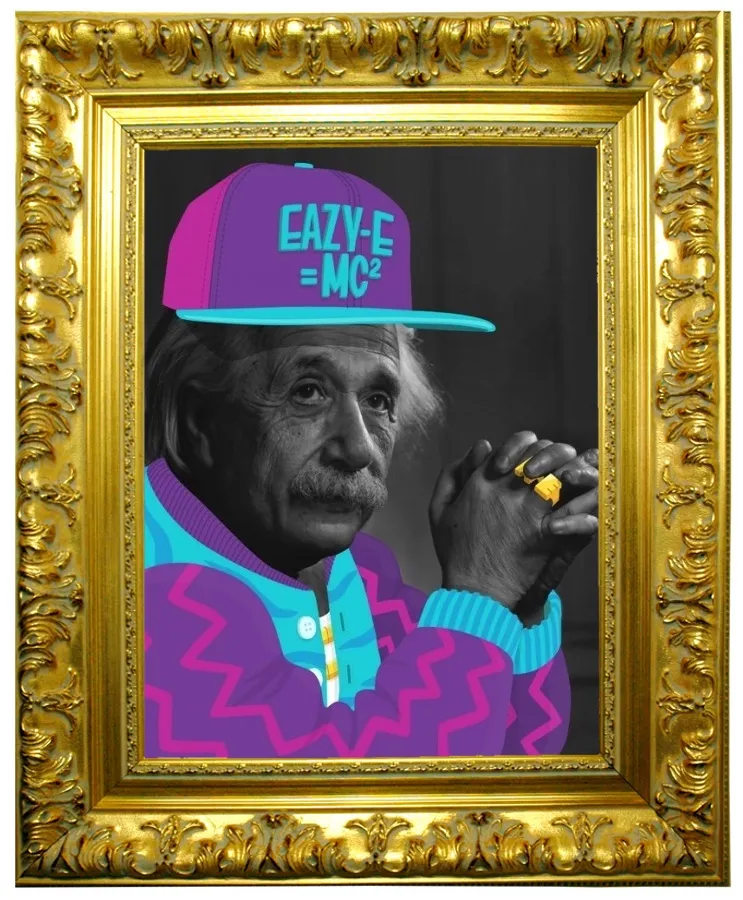Apu
From Soutik Biswas’, “The Simpsons: Not all Indians think Apu is a racist stereotype”
“As I see it, there are two primary products that second generation Indian American comedians sell - the ridiculousness of their parents’ ‘culture’ (arranged marriage and ‘my son, the doctor’ are the commonest tropes); and the racism of white Americans,” Professor Chakravorty, who teaches at Temple University in Pennsylvania, told me in an email interview .
“It is not hard to see why these two lowest hanging fruits are plucked all the time. This is very standard fare. Apu is also very standard fare. What Kondabulu has done is nothing new. He picked almost the most identifiable Indian project possible in the US. And he plugged into the market for identity-based outrage.”
and
“I like Apu, in fact I love him. He has a PhD in computer science, but enjoys running his store, he is a valued citizen of Springfield, a ladies man and adores cricket and is funny,” Sidharth Bhatia, Mumbai-based founder-editor of The Wire, told me.
“It reflects true American diversity. The controversy about the stereotyping is classist snobbery - Indians in America don’t want to be reminded of a certain kind of immigrant from their country - the shop keepers, the taxi drivers, the burger flippers,” says Mr Bhatia.
“They would rather project only Silicon Valley successes, the Wall Street players and the Ivy League products, with the proper accents, people they meet for dinner - by itself a stereotype. The millions of Apus in America, the salt-of-the-earth types, with their less ‘posh’ accents, are an inconvenience to that self-image of this small group of Indian-Americans.”
Bingo.
His accent apart, Apu is a Midwestern pillar. Would the critics really have him speak like the other characters in the show, as if to say you’re not American unless you sound like someone from Des Moines? Are all caricatured accents racist? Should we ban “foreigners” from comedy shows altogether?
Naturally not—because we wouldn’t, then, have Apu. And can you really imagine America without him?
– Tunku Varadarajan, Leave Apu Alone – He’s a Great American
To quote Lewis Black entirely out of context: on a list of priorities, this “is on page six after ‘Are we eating too much garlic as a people?’”
























